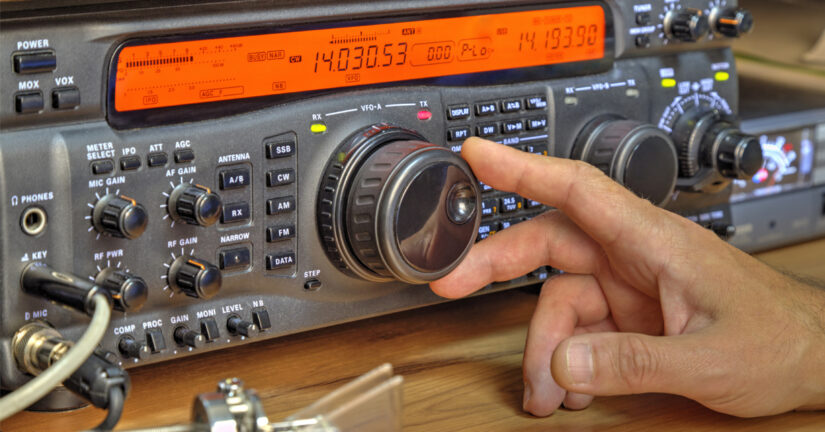
What is Amateur Radio
Amateur radio is a popular technical hobby and volunteer public service that uses designated radio frequencies for non-commercial exchange of messages, wireless experimentation, self-training, and emergency communications.
Amateur radio is the only hobby governed by international treaty.
As a radio amateur you are able to transmit radio signals on a number of frequency bands allocated specifically to the radio amateurs.
Radio amateurs make use of their frequencies in a number of ways:
- Contacting people all over the world by radio which often leads to developing international friendships
- Competing in international competitions to test how effective your equipment is, and how good you are as an operator
- Technical experimentation — many of the leaps forward in radio technology have been initiated by radio amateurs
- Communication through amateur space satellites or with the International Space Station (which carries an amateur radio station)
- Providing communications at times of emergencies and undertaking exercises to ensure you keep the capability to do so.
There is no better way to explore the fascinating world of radio communications than by becoming a radio amateur.
A 1910 announcement by the then HM Postmaster General licensed “experimental wireless”, which still uniquely gives radio amateurs the ability to innovate without commercial or statutory controls even in the closely regulated environment of the 21st century.
Amateur radio: an introduction
Anyone can listen in to amateur radio transmissions. If you’re new to amateur radio, then listening-in for a while is a good way to get a feel for what is going on.
To become a radio amateur and licensed to transmit, you will need a brief period of study, and to pass a simple examination.
In conjunction with radio clubs around the UK, the RSGB provides examinations to enable you to become a radio amateur and then to progress through the three levels of licence. Study for the first level is straightforward and may be accomplished in a weekend. More details about the exams can be found in our information for students.
The RSGB also publishes a range of books and provides online advice and guidance. The monthly RSGB membership publication RadCom is a “must have” for all aspiring radio amateurs.
Once you have obtained your first licence, the RSGB is there to support you through the early days as a licensed radio amateur, and to provide advice and guidance as you progress.